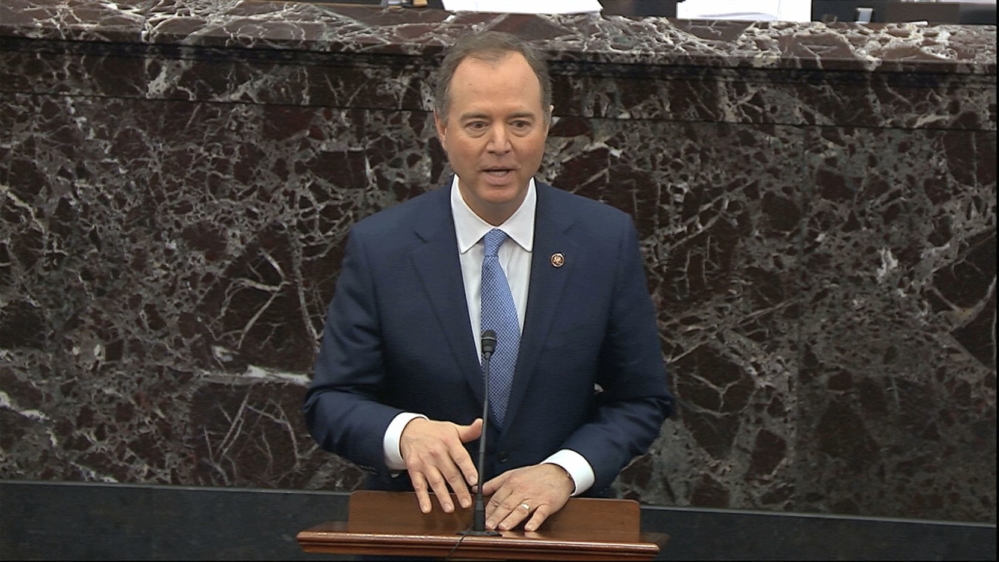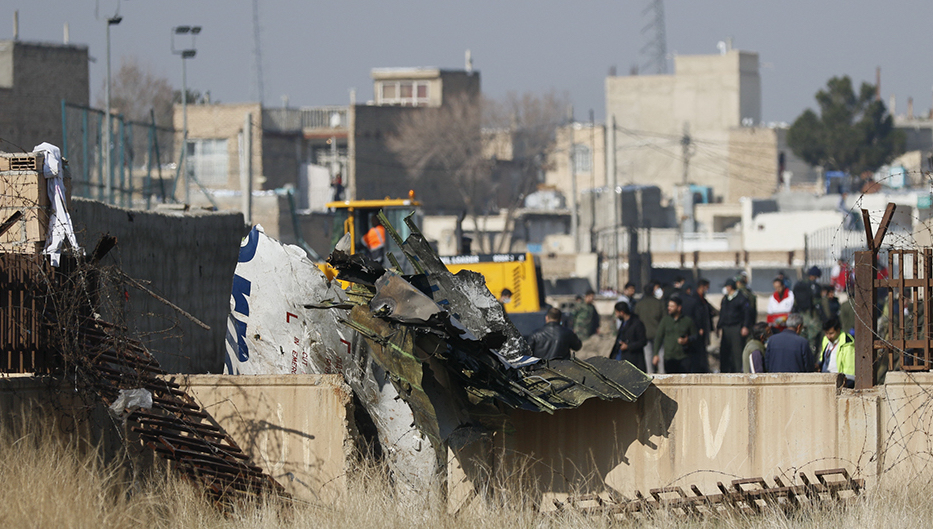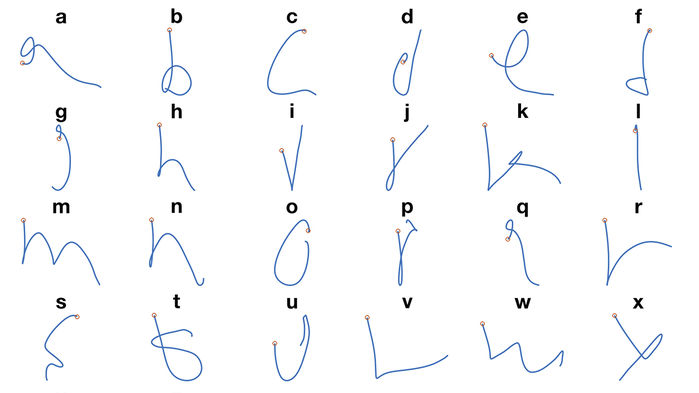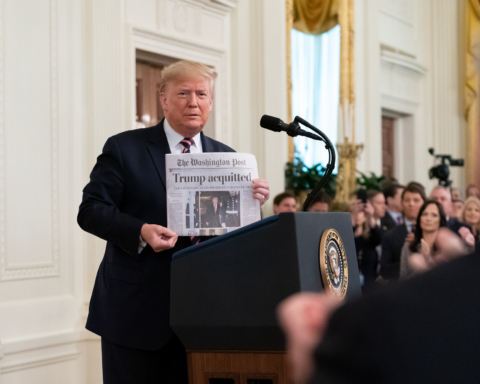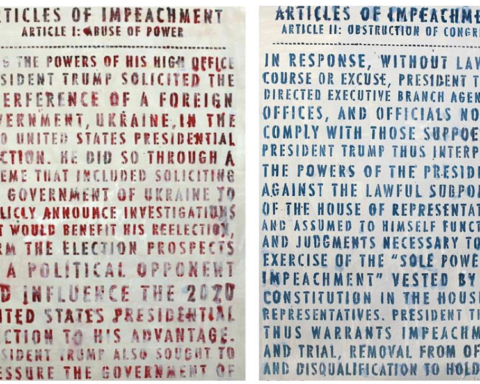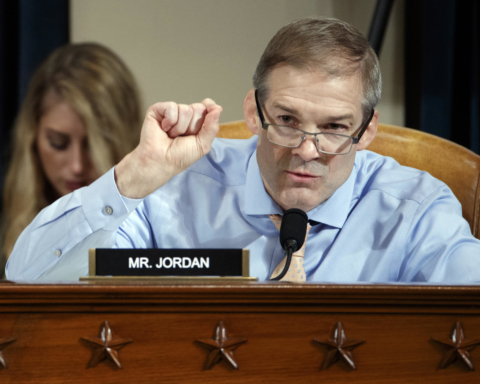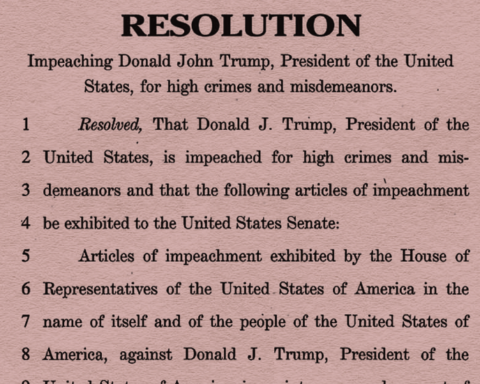It was customary for our rabbi to ask us
thirteen-year-olds to write our own speeches.
To take a few lines from our portion
of the Torah, expand them into a treatise
a teenager could write. The temple adults
could believe. We didn’t know enough
to know what we were saying.
Rabbi Cohan had to explain to us. Saying
we had to re-write what we had written,
until some truth arose in our minds.
That made sense to our lives and the nation.
That wasn’t as pretentious as our suits
and dresses. Our high-note voices.
He knew when we hit the right note
and looked over his rimless glasses
into our eyes. Beyond where we were pulpit-
standing. Beyond our parents. Beyond
ourselves. And the fountain pens
we would be given. All of us future
doctors and lawyers, teachers, fathers
and mothers. One, among us, a rabbi
disguised. Imagining himself standing
before the Senate. Imploring half
the room to listen. To think
of the Potomac. A sea that could
open and close and not divide us.
A river to cross like an aisle.
________
Gary Margolis is Emeritus Executive Director of College Mental Health Services at Middlebury College. His third book, “Fire in the Orchard” was nominated for the 2002 Pulitzer Prize Poetry. His latest book “Time Inside” is recently published.
________

